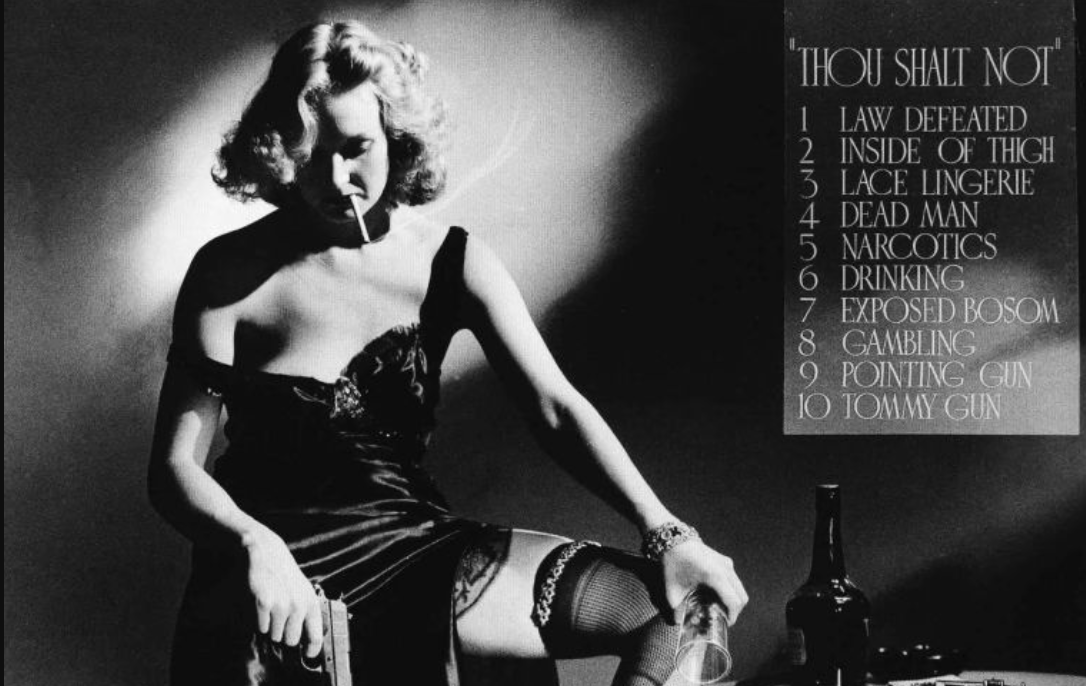Welcome, much-needed changes to the movie industry have already been brought about by #Time’s Up and #MeToo, but it was suggested during a dinner last night that some kind of new Hays Code agreement might eventually be adopted by the motion picture, TV and streaming community. I wasn’t told, mind, that this idea is actually being kicked around, but a friend believes that the current climate might lead to such a measure, and who knows?
The new Hays Code agreement could partly seek to eliminate gender discrimination and pay disparity between men and women. I for one think that’s a pretty good notion if fairly implemented.
The friend also suggested, however, that another goal might be to institute sexual morality advisories that would discourage depictions of sexual misconduct and assault against women and minors without appropriate consequence. The sexual morality portion would be a matter of tremendous concern to filmmakers, he said. I don’t think I need to explain why this concern would be manifest among directors and screenwriters of all stripes and stations.
Again, I’m not saying that such an agreement is actually being discussed by anyone, but where there’s conversational smoke there’s sometimes fire. Maybe. I’m mentioning this because before last night I’d never heard such an idea, even in the loosest of conversations. We are witnessing, after all, the gradual emergence of a new form of liberal Calvinism these days, so it wouldn’t be totally crazy if a #Time’s Up production code was eventually agreed upon and instituted.
When we say Hays Code (named for Will Hays) we really mean the Breen code (named for Joseph Breen). It was adopted in response to what some regarded as a climate of tawdry morality in movies of the early 1930s. The code was a set of moral guidelines that was applied by major studios from 1934 to roughly 1968.
The code began to slowly erode in the late ’50s and early ’60s, but it ended with a bang when Elizabeth Taylor said “goddam you” to Richard Burton in Mike Nichols‘ Who’s Afraid of Virginia Wolff (’66).

